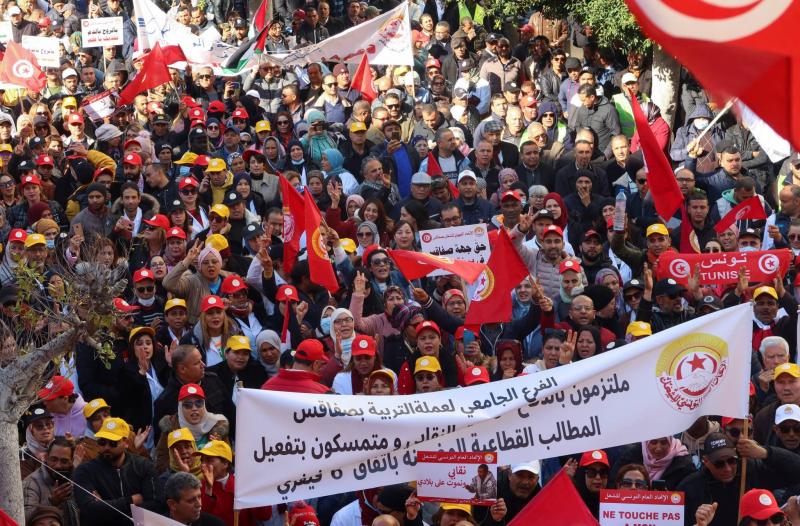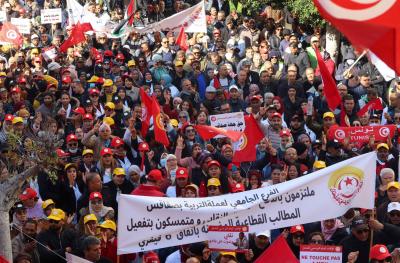There is no complete consensus on even the most self-evident matters in life, including politics. This is not a shameful situation; as the saying goes, "And they will continue to differ, except whom your Lord has mercy upon; and for that He created them." Some level of disagreement can enrich and strengthen the core thesis. However, this "natural" degree of difference is one thing, and engaging in destructive work and completely adversarial activities is something entirely different.
There are those working for the benefit of the Muslim Brotherhood and similar groups (it is not necessary to be a formal member, by the way!) who reside abroad, especially in Britain and Canada, against Saudi Arabia, the strongest Arab state today and the highest and most solid bulwark against storms and tribulations. This group residing in Britain and Canada, with the knowledge of the British and Canadian authorities of course, operates with a nihilistic lack of vision, unrealistic, without delving into their intentions—only God knows their disputes.
Is this group new to the scene? Not at all; they are part of an old cycle. On March 11, 2012, similar to what occurred in Tunisia, Egypt, and other "Arab Spring" countries, a group of unknown individuals created a Facebook page calling for a "Day of Protest" by Saudis, later known as "Day of Mourning." At that time, some were alarmed while others were astonished, and some lost sight of reason. The following emerged: "Why did some Saudis from the cultural elite and some young people from (Facebook) and (Twitter) rush to believe that there would be a Day of Rage in Saudi Arabia similar to what happened in Cairo and Sana'a, throwing anyone who doubts the reality of this perception into disgraceful blacklists? This is an important question to address so it does not dissipate over time in the wake of events."
As explained in this context at the time: "The reason for this, which may be an excuse for those who hastily misread and gave incorrect advice based on a misunderstanding, is that many people lost their balance and vision after the tremendous earthquakes in Tunisia and Egypt. They believed that the moment had come and that there was no escape from the arrival of this 'tsunami' wave everywhere, including Saudi Arabia. Many Arab writers, indeed most of them, claimed that there was no Arab country, without exception, that could avoid the effects of the Tunisian and Egyptian waves, especially after Arab satellite channels pumped much of this revolutionary tsunami illusion... It became clear that the reality was much more complex than a 'catalog' that could be applied literally in every Arab country."
Thus, returning to our present in 2024, the atmospheres, desires, sayings, tactics, breaths, and institutions of the "Arab Spring" season are not a bygone era. No, they are a continuous behavior, a lasting culture, persistent parties, and interests, both international and regional, nurtured by their sponsors with care and attention. Those who wish to assert that the creators of the Arab Spring are merely individuals or political forces that no longer exist—either due to the maturity of individuals or the sobriety of the sponsoring institutions—are either attempting to sedate the populace for new transitions or are among those who dislike "discontent," preferring to find solace in the current situation of peace of mind and favoring sweet slumber over the terms of oblivion and easy living. What occurred during the Arab Spring is a recurring culture, not a concluded phase.




